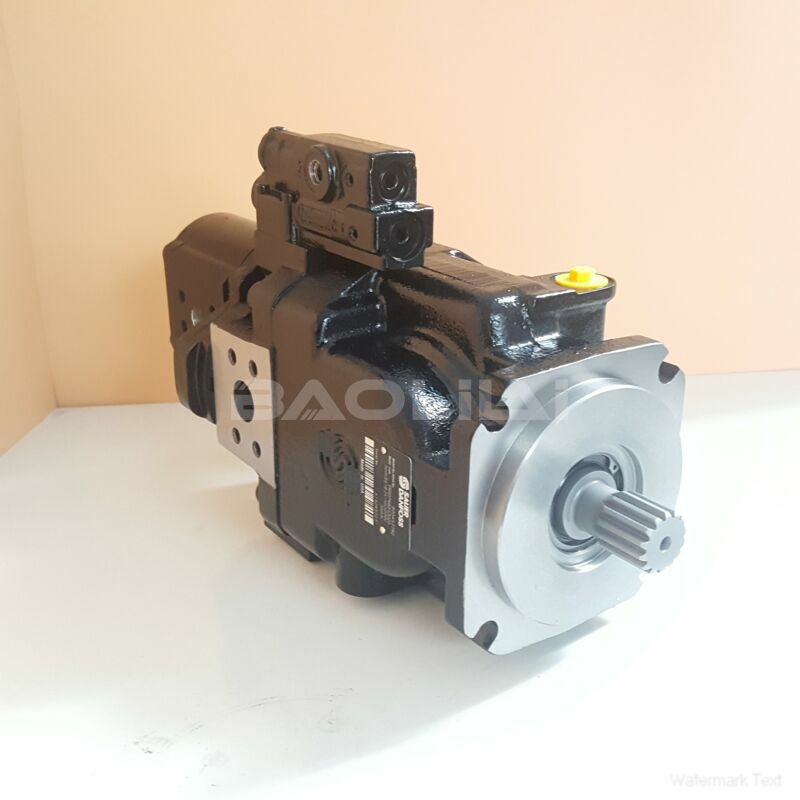FRL090CPC21NNNNN3S1B2A1NAAANNNNNN high pressure pump
FRL090CPC21NNNNN3S1B2A1NAAANNNNNN high pressure pump

- Product Details
- Applicable Scene
Sludge dewatering is a critical step in wastewater treatment and management, enabling the efficient extraction of water from sludge, thereby reducing its volume and weight. This process not only minimizes disposal costs but also aids in the recovery of valuable resources. High-pressure pumps play a pivotal role in enhancing the efficiency and effectiveness of sludge dewatering.
FR-L-090C-PC-21-NN-NN-N-3-S1B2-A1N-AAA-NNN-NNN
FRL090CPC21NNNNN3S1B2A1NAAANNNNNN
High-pressure pumps are designed to deliver liquids at significantly elevated pressures, ensuring that the sludge can be processed rapidly and efficiently. One of the primary benefits of using high-pressure pumps in sludge dewatering is their ability to handle viscous materials. Sludge often contains a mixture of solids, water, and other contaminants that can create challenges during the dewatering process. High-pressure pumps can effectively manage these thicker mixtures, facilitating the removal of water and allowing for a more concentrated end product.

83016935
In addition to their ability to handle viscous sludge, high-pressure pumps contribute to improved operational efficiency. By maintaining a consistent pressure, these pumps ensure that the sludge is continuously transported to the dewatering equipment, such as centrifuges or belt filter presses, without interruption. This steady flow reduces downtime and increases the throughput of the dewatering process, ultimately leading to lower operational costs and enhanced production rates.
Durability and reliability are also vital considerations when choosing pumps for sludge dewatering applications. High-pressure pumps are often constructed with robust materials designed to withstand the aggressive nature of sludge, including corrosive chemicals and abrasive solids. This durability not only extends the lifespan of the pumps but also reduces maintenance requirements, which is particularly important for facilities operating under tight budgets and limited resources.





